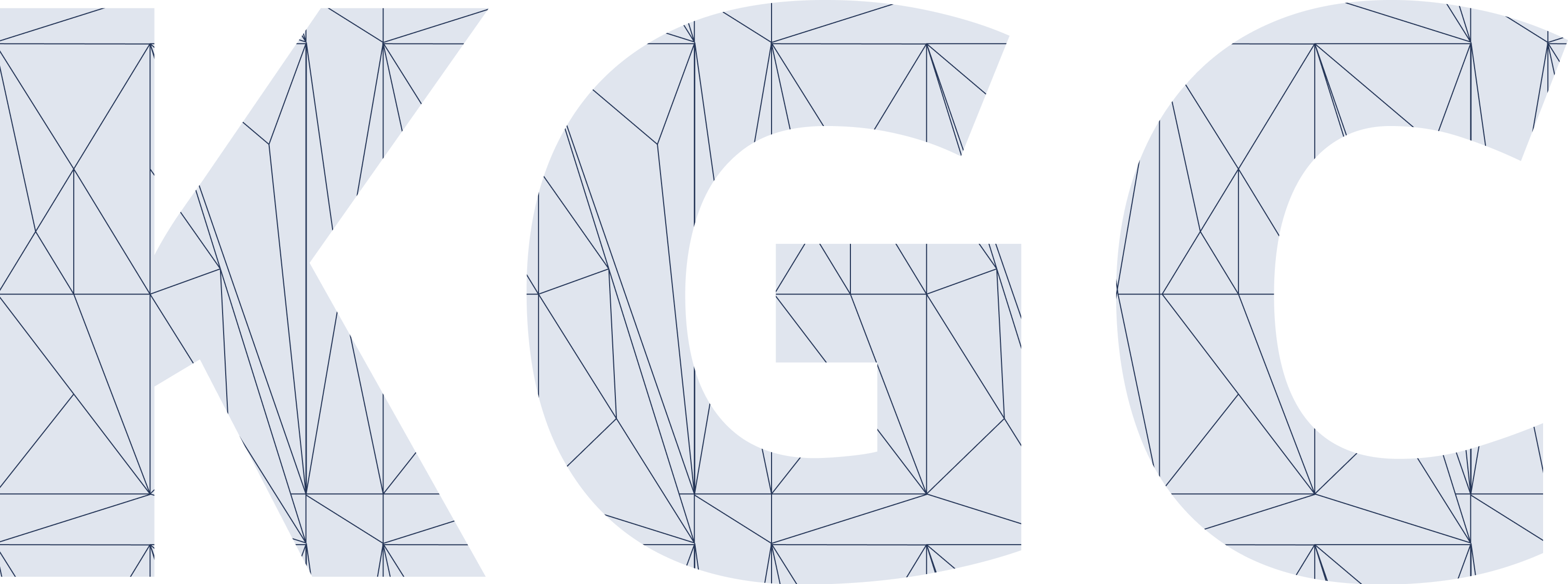Ying Ding

University of Texas at Austin
Professor
Biography
Dr. Ying Ding is an advisor at Katana Graph, an expert on knowledge graph and graph deep mining. She has successfully launched one startup advancing cutting-edge AI technologies in drug discovery and healthcare. Dr. Ding is also Bill & Lewis Suit Professor at the School of Information, the University of Texas at Austin. Before that, she was a professor and director of graduate studies for the data science program at the School of Informatics, Computing, and Engineering at Indiana University. She has led the effort to develop the online data science graduate program for Indiana University. She also worked as a senior researcher at the Department of Computer Science, University of Innsburck (Austria) and Free University of Amsterdam (the Netherlands). She has published 240+ papers and served as the program committee member for 200+ international conferences. She is the co-editor of the book series called Semantic Web Synthesis by Morgan & Claypool publisher, the co-editor-in-chief for Data Intelligence published by MIT Press and Chinese Academy of Sciences, and the associate editor for ACM Transactions on Computing on Healthcare.
Talks and Events
2022 Workshop: Healthcare and Life Sciences Symposium
We seek original contributions describing theoretical and practical methods and techniques for building and maintaining health knowledge graphs for the healthcare and life sciences domain. The symposium will cover topics around data integration, data profiling, data curation, querying, knowledge discovery, ontology mapping, matching, reconciliation, machine learning approaches, and applications. We will have several invited speakers who are thought leaders in the healthcare and life sciences space. Furthermore, we plan to have a panel discussion comprising experts from industry, government, and academia. In summary, the primary objectives of this symposium will be to provide a platform to discuss:
- Characterisation of healthcare and life sciences knowledge graphs
- Opportunities for the application of knowledge graphs in healthcare and life sciences
- Challenges of creating and maintaining such knowledge graphs
- Opportunities for knowledge graph research in this space
2021 Talk: Katana Graph Solutions: Scalable Graph Search and Graph Mining
When knowledge graphs in your company get larger and larger, a scalable graph search is in high demand. In the current graph search solutions, scalability is still a big issue. Furthermore, with the fast development of deep learning on graphs, many companies rely on deep learning methods to mine insights from the ever-increasing knowledge graphs. But search and mining are usually not available in one package. This presentation will showcase the scalable solutions from Katana Graph which provide the end-to-end solutions for graph search and mining. It is ten times faster than the current market solutions and scales exponentially on graphs with billions or even trillions of nodes. It provides weighted k-shorted path searches and cutting edge graph deep learning methods (such as cluster-graph convolutional neural network, graph attention model, and graph transformer). Katana Graph is a start-up company founded by several faculty from University of Texas at Austin with the goal to provide the scalable graph search and deep graph mining in one click. In this presentation, we will showcase several use cases, such as searching and mining large scale knowledge graphs in drug discovery.
2020 Talk: Mining Knowledge Graph for Drug Discovery
A critical barrier in current drug discovery is the inability to utilize public datasets in an integrated fashion to fully understand the actions of drugs and chemical compounds on biological systems. There is a need to intelligently integrate heterogeneous datasets pertaining to compounds, drugs, targets, genes, diseases, and drug side effects now available to enable effective network data mining algorithms to extract important biological relationships. In this talk, we demonstrate the semantic integration of 25 different databases and develop various mining and prediction methods to identify hidden associations that could provide valuable directions for further exploration at the experimental level. (Conflict of Interest: I am the co-founder of Data2Discovery – https://www.d2discovery.com/)
View the complete talk in the KGC media library.
